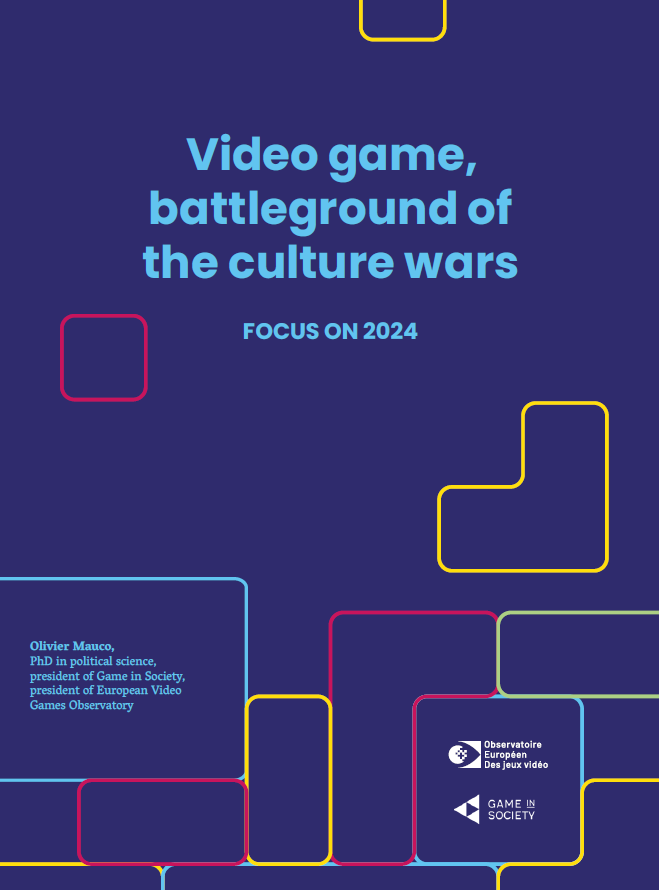Recent criticism of certain video games illustrates an increasingly common phenomenon in the industry: the emphasis placed on ideological considerations rather than purely technical or gameplay aspects. The video game industry, once seen as mere entertainment, and criticized for it, is now seen as an influential cultural and artistic medium, capable of reflecting or perpetuating social and moral norms.
This has led gamers and specialized critics to sometimes expect games to reflect certain values or social norms, such as diversity, inclusion, or positions on societal issues (LGBTQ+, feminism, ecology, etc.). Conversely, a conservative fringe of gamers crusades against any politicization they deem progressive and contrary to their values. It’s a firm stance against the representation of diversity, inclusion and a supposedly “woke” vision of society transposed into games and pushed by “DEI” (diversity, equity, inclusion) policies.
Many recent games have fallen “victim” to this culture war, whose battles take place mainly on the Internet, and platforms like X (ex-Twitter), YouTube, or Reddit amplify these ideological debates. A veritable echo chamber effect can operate, with criticisms being amplified disproportionately, eclipsing discussions of gameplay quality, technique or narrative.
Publishers and developers are increasingly aware of the importance of public perception, and some of them seek to anticipate criticism by adopting explicit political positions. While some gamers see this as a positive sign of a more responsible industry in tune with the times, a minority are firmly opposed to this vision, arguing that studios are sacrificing creativity, artistic freedom or immersion for the sake of an ideological agenda.
Indeed, with the omnipresence of these issues, discussions on the technical or creative aspects of games can be subject to a strong ideological reading, with some associating game form and content with production conditions: bugs, gameplay, narrative are heard as failings symptomatic of moral evolutions. Some titles, however innovative, are judged harshly for their ideological choices, while others, more classic but politically correct, receive more lenient treatment.
In the following study, we will highlight this issue in relation to several titles released in 2024, and others to come, but which were not spared polemics prior to their release. For example, the sexualized female representation in “Stellar Blade” provoked heated debate, partially overshadowing the analysis of its mechanics. In “Black Myth Wukong”, the “Chinese” vision of video games was positively received by conservative Western gamers, despite the controversies surrounding the studio’s communication. In “Dragon Age: The Veilguard”, the campaign to boycott the game was a reaction to the representation and prominence of sexual minorities in the narrative. In the forthcoming title “Assassin’s Creed: Shadows”, the technical and narrative elements of Ubisoft’s future game have been overshadowed by the representation of Yasuke, a black samurai as protagonist, with critics castigating a forced and anachronistic ethnic diversity. We’ll open our study with the case of “Helldiver 2”, which integrates politics into its gameplay and communication strategy on social networks, and which nonetheless came close to being the subject of considerable controversy.
Video presentation of the study VOSTENG

